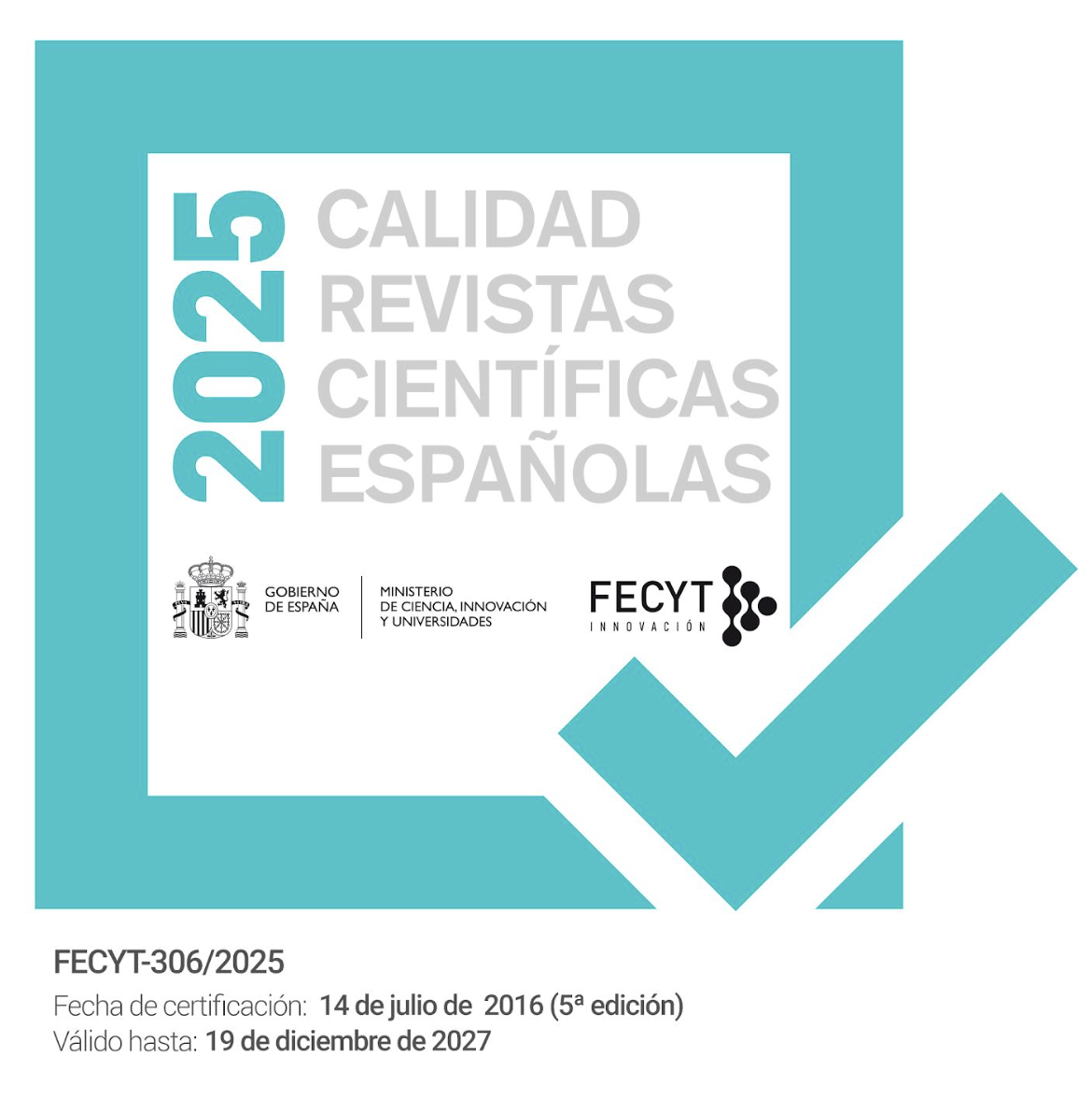‘Friends and neighbours’ effect on electoral behaviour. A study of 2011 andalusian local elections
Keywords:
Neighbourhood effect, political conversations, contextual analysis, elections, AndalusiaAbstract
Since the seminal work of Tingsten (1937), a large number of studies have shown that local context may influence the electoral behaviour of the residents. One of the mayor forms of social influence is the ‘neighbourhood’ effect; hereby individuals are affected by the flow of political information in their surroundings, mainly in residential areas. Most studies have found empirical evidences consistent with such an effect, but they have not been able to test the underlying mechanisms. This paper provides empirical certainties about how informal social interaction in localities affects voting, by using a post-election survey on the 2011 municipal election in Andalusia. Our study finds that keeping fluent talks with PSOE and PP supporters, increases the probability of becoming a voter for one of these political formations. Likewise, social interaction is mainly restricted to other local area residents, may they be family or friends, in his area. The local political majority tends to increase the probability of having as a discussion partner a voter or supporter of the majority group, once the effect of both party identification and ideology are controlled.Downloads
Published
2013-01-01
How to Cite
Ortega Villodres, C., & Trujillo Cerezo, J. M. (2013). ‘Friends and neighbours’ effect on electoral behaviour. A study of 2011 andalusian local elections. Spanish Journal of Sociology, (19). Retrieved from https://recyt.fecyt.es/index.php/res/article/view/65303
Issue
Section
Articles
License
In the event that your manuscript is accepted for publication in Revista Española de Sociología, it will be understood that the authors access to:
• The transfer of the copyright of the article to Revista Española de Sociología.
• The assignment to the Revista Española de Sociología of the rights of commercial exploitation of the article to third parties both in the offset and digital formats, as well as to the search engines and platforms that may serve as intermediaries for the sale or knowledge of the article.



